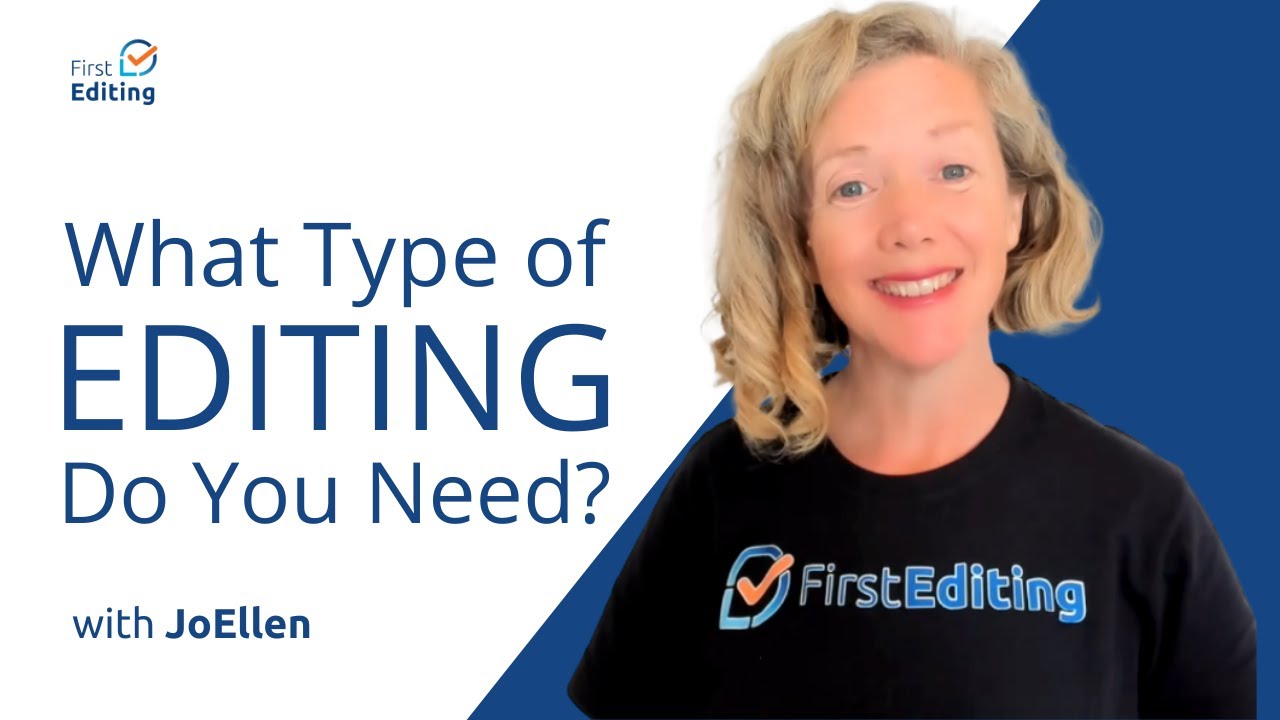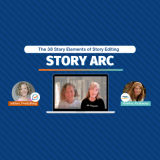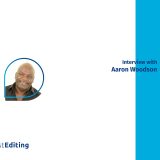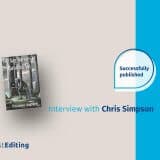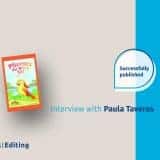
There are rules for writing—including using formal versus informal language when you write—that can extend to editing. Within this blog post, the author will discuss this rule and how to apply it to the task of editing urban slang.
Introduction
Urban slang consists of simple words and phrases that stem from speech and meet the following criteria. 1) They are sometimes cultures-, people-, industry-, or geographical location-specific. 2) They often include replacements for more precise words.
There are rules for writing—including using formal versus informal language when you write —that can extend to editing.
Use Formal over Informal Language When Writing and Editing
The first and best rule for writing is to use formal over informal language when you write. Some words and phrases are considered acceptable when conversing with family and friends, because such conversations are informal or very informal. Such informal words and phrases, however, do not translate well into quality, professional writing, especially if the author wants to be taken seriously as a professional writer.
How to Edit Urban Slang
I’ll give you an example. When I was in graduate school, my statistics and research methodology professor told me that it was a good thing I didn’t write the same way I talked. He was right. I tend to be a relatively informal—if not verbose— conversationalist. But I can “turn off” the informality when writing a formal, professional document. Research reports must be formal, professional documents, and when writing research papers, it is simply unacceptable to use informal, possibly unprofessional, language and jargon. The author of such documents will not be taken seriously as a researcher or professional writer/author.
Here is a second, more concrete example. When shopping with a girlfriend, a female may ask her friend if the blouse or sweater she is trying on makes her “boobs” look big or “luscious.” When answering her girlfriend, the friend will say either “yes” or “no” and explain her answer using casual, informal words and phrases. If, however, a person is an author for a fashion magazine, it would be unacceptable to write that a particular sweater or blouse would make a customer’s boobs look big or luscious. This fashion magazine author would, instead, say that a particular sweater or blouse enhances a woman’s figure and natural beauty, thus choosing more formal, professional words and phrases over less formal ones.
Editing a Document
When editing a document, the editor must remember the rule to use formal over informal language. It is essential when editing an official, professional document such as a master’s thesis, doctoral dissertation, research paper, or journal article. If the author has used urban slang, it is the editor’s responsibility to find such words and phrases and recommend that the author change them to more acceptable, professional words and phrases. In so doing, however, the editor must always be polite and respectful to the author because, ultimately, it is the author’s product, not the editor’s.
Exceptions to This Rule
People say that there’s an exception to every rule, and there is even an exception to this rule: Fiction or novel writing. Fiction and novels are often written in conversational English, which is completely acceptable and appropriate. In such cases, it is more acceptable to use urban slang terms, but the author must remember his/her reader/audience. If the author fills the manuscript with a lot of urban slang and jargon that only a select few readers would understand, then that manuscript is only marketable to that very small reader population. If, however, a fiction author wants a wide range of people from different backgrounds, experiences, cultures, etc., to read their manuscript, then the author must take care to keep such urban slang and jargon to a minimum.
When editing fiction, the editor must remember that he/she is editing a document in which it is more acceptable to use urban slang; and take care to be gentle and considerate of the author’s feelings when making recommendations for changes. For example, it is acceptable to begin a sentence with “and” or “but” in a fiction work, but not in a professional document. The editor of the fiction work must “turn off” the formalities when editing fiction. In saying this, I am speaking to myself as much as to anyone else. I sometimes have to remind myself to turn off the professor when editing a work of fiction.
Conclusion
When editing documents that contain urban slang terms, words, and phrases, the editor must remember the audience of the document he/she is editing. Whether it is a formal, professional document or a work of fiction, the editor must remember the intended audience for that document, keeping in mind that it is more acceptable to use informal and casual language with works of fiction. Whatever type of document he/she is editing, however, the editor must always be polite and respectful when making recommendations for changes.
Originally posted 11/17/2015 and happily updated 10/28/2017. Thanks for reading!




